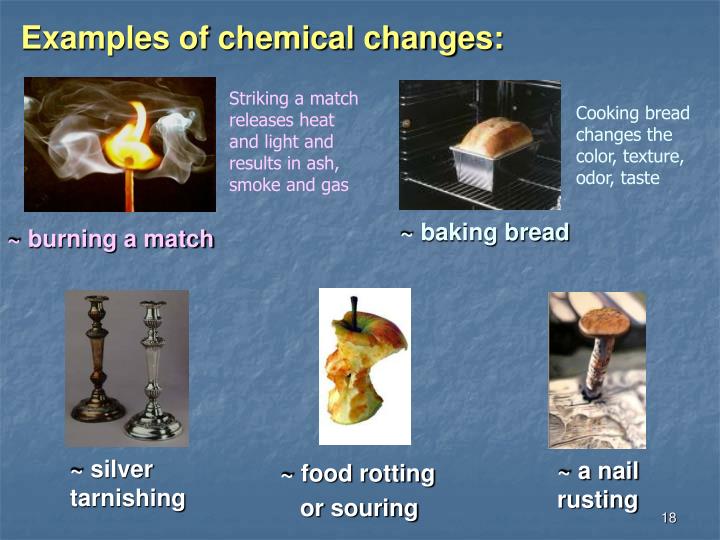
For instance, your body carries out lots of chemical reactions simply while processing your food. Nonetheless, we can meet chemical reactions not only in the laboratory or in the students book in a written form, but also all around the world and even in our everyday life. If we look at this equation attentively enough, we can see that the mass here is really conserved, and the atoms are combined in a different way - just like it would be seen in a real chemical experiment. For example, there is how we can write down the reaction between sodium and water: Thus, they can see the result without actually carrying out the experiment. Scientists use symbols and formulas for elements and compounds. However, most of the reactions can also be written down with the help of special equations. When we hear the words “chemical reaction”, we normally imagine something splashing and boiling, running through the bulbs and flasks, etc. Atoms for kids: a simple explanation for those who have not yet studied chemistry in school.



Imagine that we have two different substances with their own number of atoms and the amount of mass, unique for each one. The easiest do it is to look at what is going on “inside” the reaction. The first thing we need to understand before learning about the basics of chemical reactions is their definition.


 0 kommentar(er)
0 kommentar(er)
